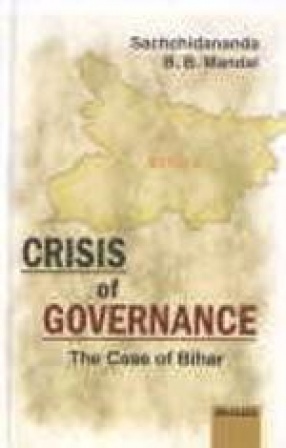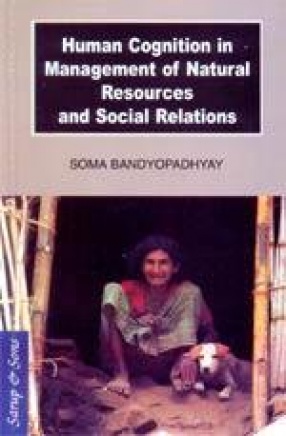Good governance has recently escalated in the developing countries. In fact, there is a close relationship between governance and development. Governance is more difficult under conditions of low development. It comprises of mechanism, processes and institutions through which citizen and groups articulate their interests, exercise their legal rights, meet their legal obligations and mediate their differences. It is epitomized by predictable, open and enlightened policies, bureaucracy imbued with a professional ethos, an executive norm of government accountable for its actions and a strong civil society participating in public affairs and all working under the rule of law. Prominent features of good governance have been identified as being participatory in nature consensual in orientation, accountable, transparent and responsive, effective and efficient, equitable and inclusive and the rule of law. The Human Rights perspective focuses on good governance in order to fulfill people’s basic rights and needs like food, health, sanitation and education so that they can live with justice and dignity. The present book is a compilation of papers presented and discussed at a seminar held under the auspices of Shri Brajkishore Memorial Institute, Bihar Vidyapith, Patna, recently. Most of the papers deal with the crisis of governance in the state of Bihar in the light of indicators listed above. Under the new government which came to power more than two years back, the state has turned a new leaf in its march for development and is striving to accelerate it with better governance strategies.
Crisis of Governance: The Case of Bihar
$38.70
$43.00
In stock
Free & Quick Delivery Worldwide
All orders amounting to US$ 50 or more qualify for Free Delivery Worldwide. For orders less than US$ 50, we offer Standard Delivery at $14 per book.
ABOUT THE AUTHOR B.B. Mandal
Bipin Bihari Mandal (b. 1942) Ph.D. is a Reader in Sociology at the A.N. Sinha Institute of Social Studies, Patna. He has conducted several research projects sponsored by national and international agencies like FAO, UNICEF, ICSSSR, Ministry of Education and Welfare, Government of India and Department of Welfare, Government of Bihar. Some of his research works include: Caste and Occupational Mobility: Peasant Organisation – A Case Study of Gramdan in Bihar and Social Inputs in Area Development. He has contributed over three dozen research papers to various journals and to national and international Seminars. He has already authored four books to his credit. He is associated with several professional organizations.
ABOUT THE AUTHOR Sachchidananda
Prof. Sachchidananda, D. Lit., is one of the seniormost Anthropologists in India. He received his education from Patna University, and School of Oriental and African Studies, University of London. He has taught at Patna University and New York University. He has held several important posts like Director, Bihar Tribal Welfare Research Institute, Ranchi; Director, A.N. Sinha Institute of Social Studies, Patna; and Vice-Chancellor, Ranchi University, Ranchi. Prof. Sachchidananda has contributed a large number of papers and book reviews to research journals in India and abroad, and published a number of books in Sociology and Anthropology. Important amontst which are : Culture Change in Tribal Bihar (1964), The Tribal Village in Bihar (1968), Social Dimension of Agricultural Development (1972), Tribal Voter in Bihar (1979), Elite and Development (1980), Industrialisation and Social Disorganisation (1985), Tradition and Development (1988), Shifting Cultivation in India (1989). A past President of the Anthropology Section of Indian Science Congress, Prof. Sachchindananda is the recipient of the R.P. Chandela Medal for distinguished work in Anthropology in 1982. He is associated with a number of social science research institutions in the country in an advisory capacity.
reviews
0 in total
Review by Anonymous
Be the first to review “Crisis of Governance: The Case of Bihar” Cancel reply
You must be logged in to post a review.
Bibliographic information
Title
Crisis of Governance: The Case of Bihar
Author
Edition
1st ed.
Publisher
Serials Publications, 2009
ISBN
8183872102
Length
xx+176p,.
Subjects
more by B.B. Mandal see more
more by Sachchidananda see more
similar bookssee more
Human Cognition in Management of Natural Resources and Social Relations
In this book human cognition ...
$30.60
$34.00









There are no reviews yet.